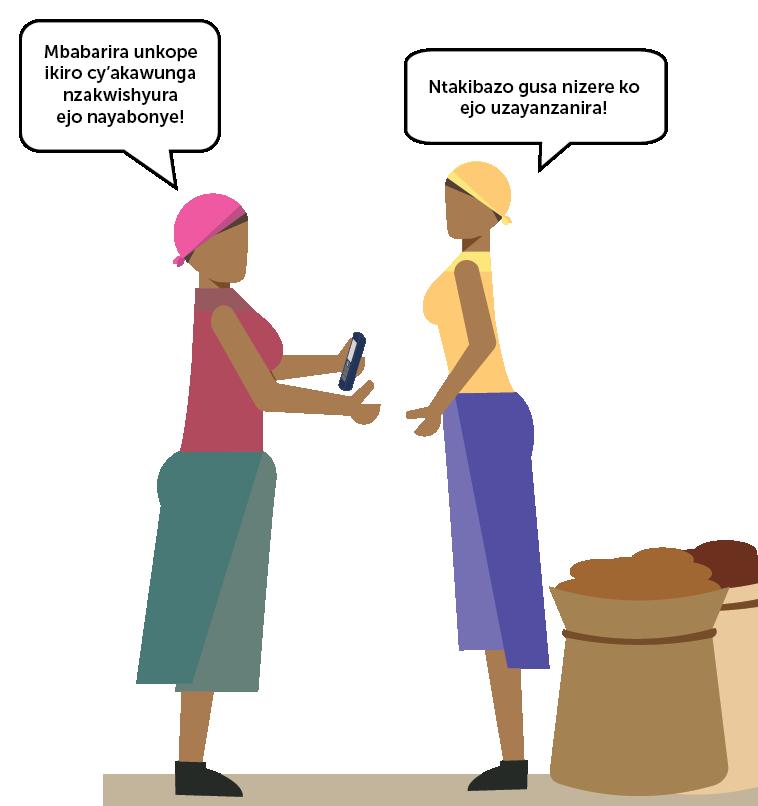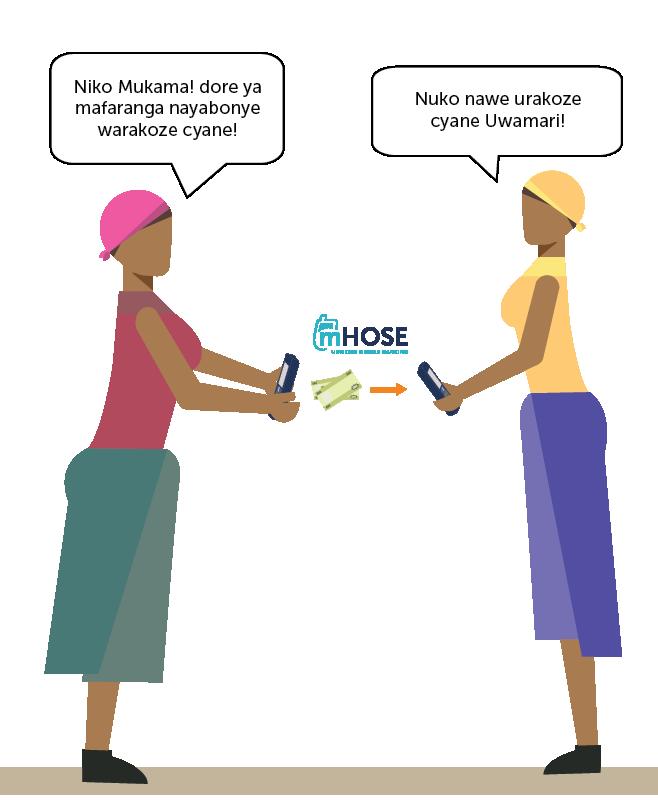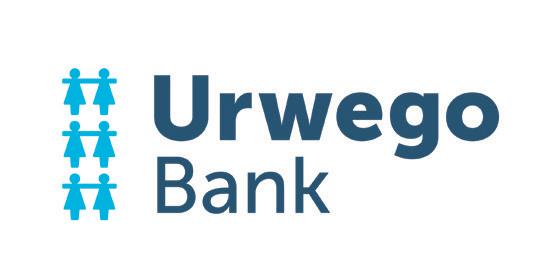
2 minute read
Lesson 15. Using credit in the business
Anchor scripture:
• Proverbs 27:12: The prudent see danger and take refuge,but the simple keep going and pay the penalty. • Psalms 37:21: The wicked borrow and do not repay, but the righteous give generously.
Advertisement
Specific learning objectives: As a result of this session, participants will be able to
• Understand what credit is, and how it affects the business.
• Recognize the difference between customer credit and supplier credits.
What is credit?
Credit can apply to a customer or to a supplier. When you allow a customer to pay later, then you have given the customer credit. The customer now owes you money to be paid later. You can also get credit from a supplier. This happens when you get some goods to stock your business but are allowed to pay later.


Example: Giving Credit/ lending to a customer
Read aloud: Nkurunziza buys some fresh beans and stocks them in his shop. A kilo cost him Rwf200. As soon as he displays the sack, Umulisa, a woman Nkurunziza knows well comes by and likes the beans very much. She is interested in buying, and after some negotiations, she agrees to pay Rwf500 per kilo for ten kilos! It’s a good deal for Nkurunziza. However, Umulisa tells him that she will only buy them if she can take the beans now and pay next week. Nkurunziza accepts, because he knows the woman and the price is good. Ask participants: Does Nkurunziza have more cash than before? No! Did he make a profit? Yes! He made a profit of Rwf300 per kilo of beans, even though he didn’t get the cash yet. The profit is made in the moment you make the sale, because you know you’re supposed to be paid later.
Example: Getting credit from suppliers
Your business can also get credit. For example, Nkurunziza might buy goods from a supplier and agree to pay later. When the business buys on credit from a supplier, it’s similar to getting a loan, except he is getting goods instead of money. Since it’s a source of value, supplier credit is considered an income, although it is not his own money, because the supplier expects to be paid back!
DISCUSSION
Let participants discuss giving credit to customers and getting it from suppliers. What are the benefits and risks? When should a trader do it and when should he avoid it? What is important to remember?
When giving out credit, there is always a risk that the trader will never get the money. For instance, he might forget that the person owes him money, or the person might move away, or not be able to pay. If that happens, the trader records a loss!
A trader must give credit only to people he/she trusts will be able to pay the money. Also the trader must always keep records of credit in their cash book, to remind them who owes money.
Saving Products Financing Products Group Loan
Individual Loan School fees loan Agriculture Loan-Maize
Agriculture Loan-Rice Agriculture Loan-Coffee Agriculture Loan
Saving Products Financing Products Group Loan
Individual Loan
Agriculture Loan-Rice School Fees Loan
Agriculture Loan-Coffee Agriculture Loan-Maize
Agriculture Loan










